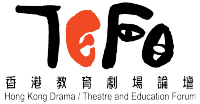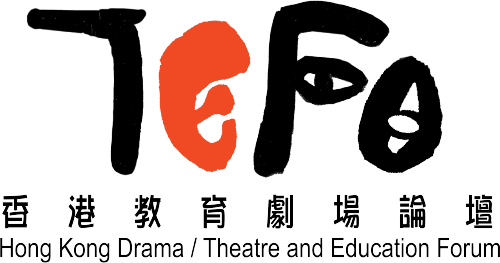【 Research 】Performance, Learning, Heritage – How Well Do They Mix?| TEFOZine #3
This paper summarizes and reflects upon a research project, based in Manchester, that has investigated an area of performance practice that has been developing and expanding in a remarkable variety of ways over the past two decades and yet is still relatively unrecognised and certainly under-researched. Often referred to as 'museum theatre' or 'live interpretation' or 'living history' (Bridal 2004, Hughes 1998 , Roth 1998), none of which adequately captures the characteristics or varieties of the medium, it is also a contested practice and the debate about its value and relevance are often heated.




